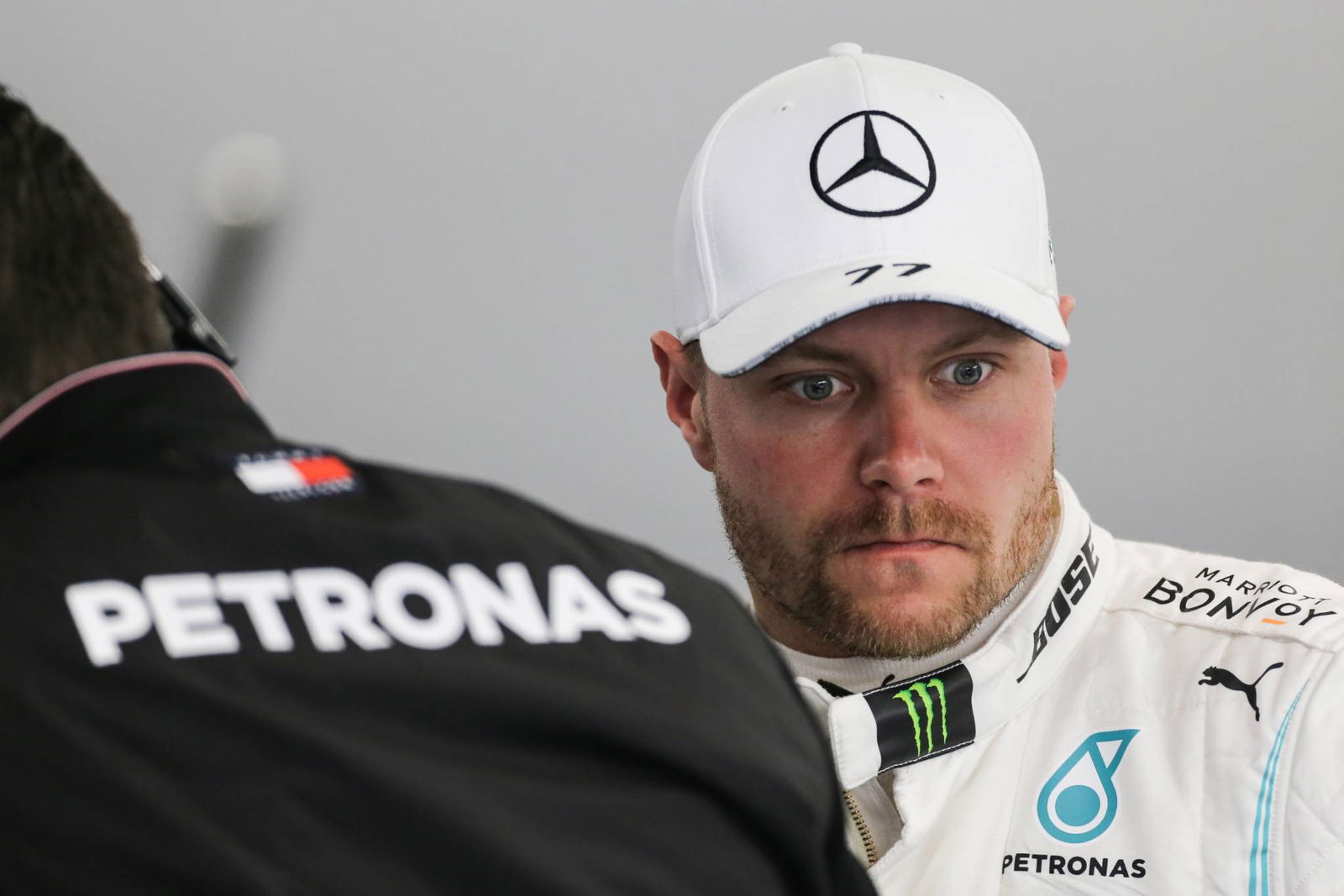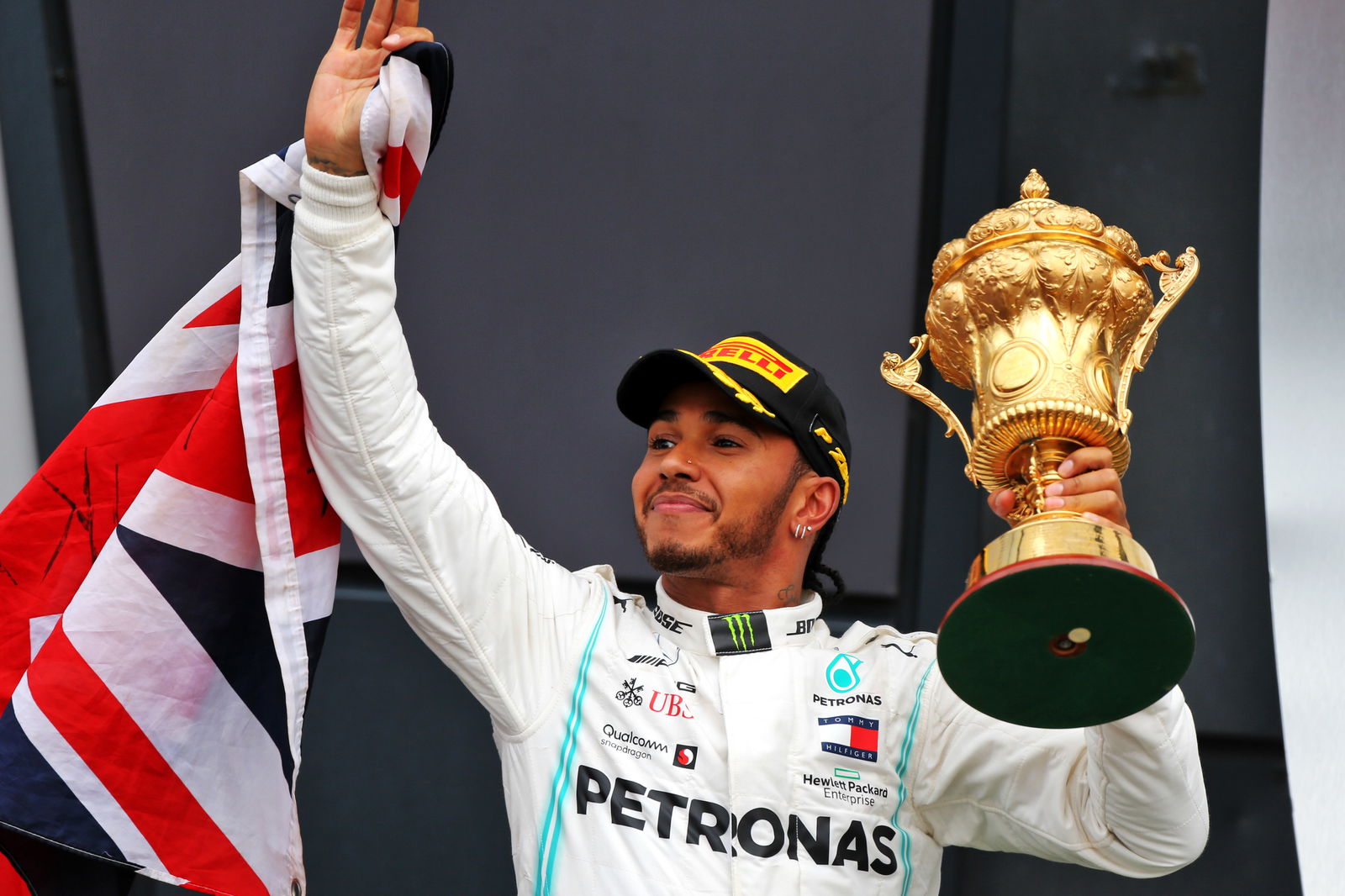One-hit wonders: The F1 drivers who topped the podium only once

Earlier the month, F1 raised a toast to its official 70th birthday but for one former driver that specific date holds a different type of significance.
On May 13th 2012, Pastor Maldonado pulled off one of the most surprising wins of the modern era with victory in the Spanish Grand Prix. Not only was this unexpected, but it’d go against the grain of anything he’d achieve in a career that became better known for the errors he’d make rather than the results he’d attain.
Nonetheless, that success has gone down in F1 folklore as what can happen when the stars all align and ensured him as one of 109 drivers that have (so far) reigned supreme on a grand prix Sunday over the past 70 years.
Of these, 32 have topped the podium only once – some more surprising than others… here are a selection of the most notable one-hit wonders in F1 history.
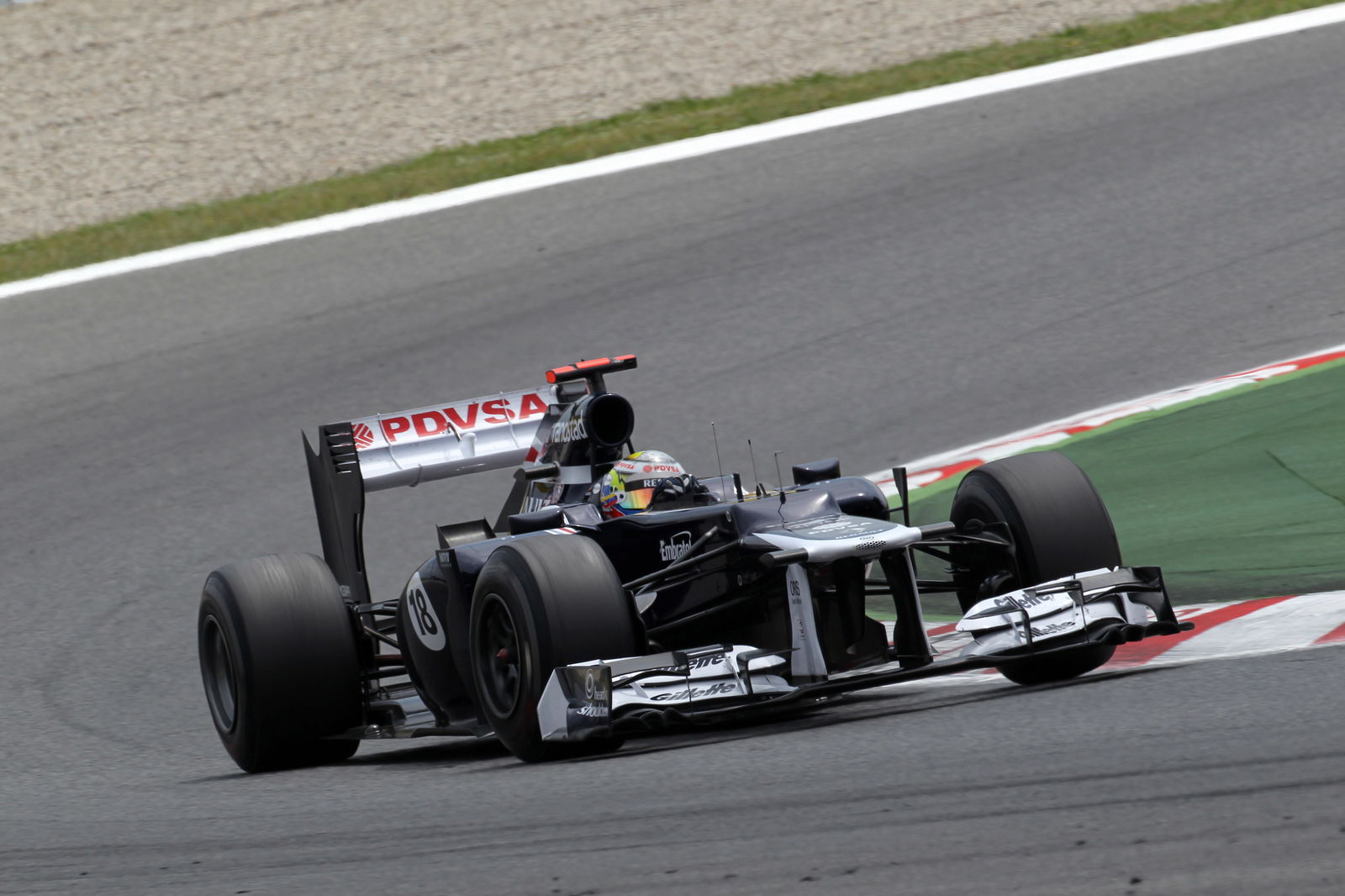
Pastor Maldonado – 2012 Spanish Grand Prix
Immensely quick on his day, Maldonado’s F1 legacy today may be one better known for his misdemeanours on track (and his immense state-sponsored backing) than his success but it’s easy to forget the Venezuelan racer earned his F1 spot with a successful route through the junior ranks.
Known for his ability to conserve tyres better than most of his rivals, it was a skill that served him well in 2012 during a period when other drivers were grappling with the tricky new Pirelli compounds. Having already notched up one milestone by securing pole position for the Spanish Grand Prix (albeit via a penalty for top qualifier Lewis Hamilton), though he was beaten to the first corner by Fernando Alonso, an undercut at the first round of the pit-stops allowed him to reclaim the lead before proceeding to keep the home hero at bay.
Remarkably, the result remains Williams’ sole F1 win over the last 15 years and it would remain an anomaly on Maldonado’s scoresheet too. In five years of F1, Maldonado cracked the top ten on just 14 occasions and notched up just one more top five finish.
Going on to become the subject of various memes for his error-prone ways, perhaps the most surprising thing about Maldonado’s 2012 Spanish Grand Prix victory was simply how flawless he made it look.
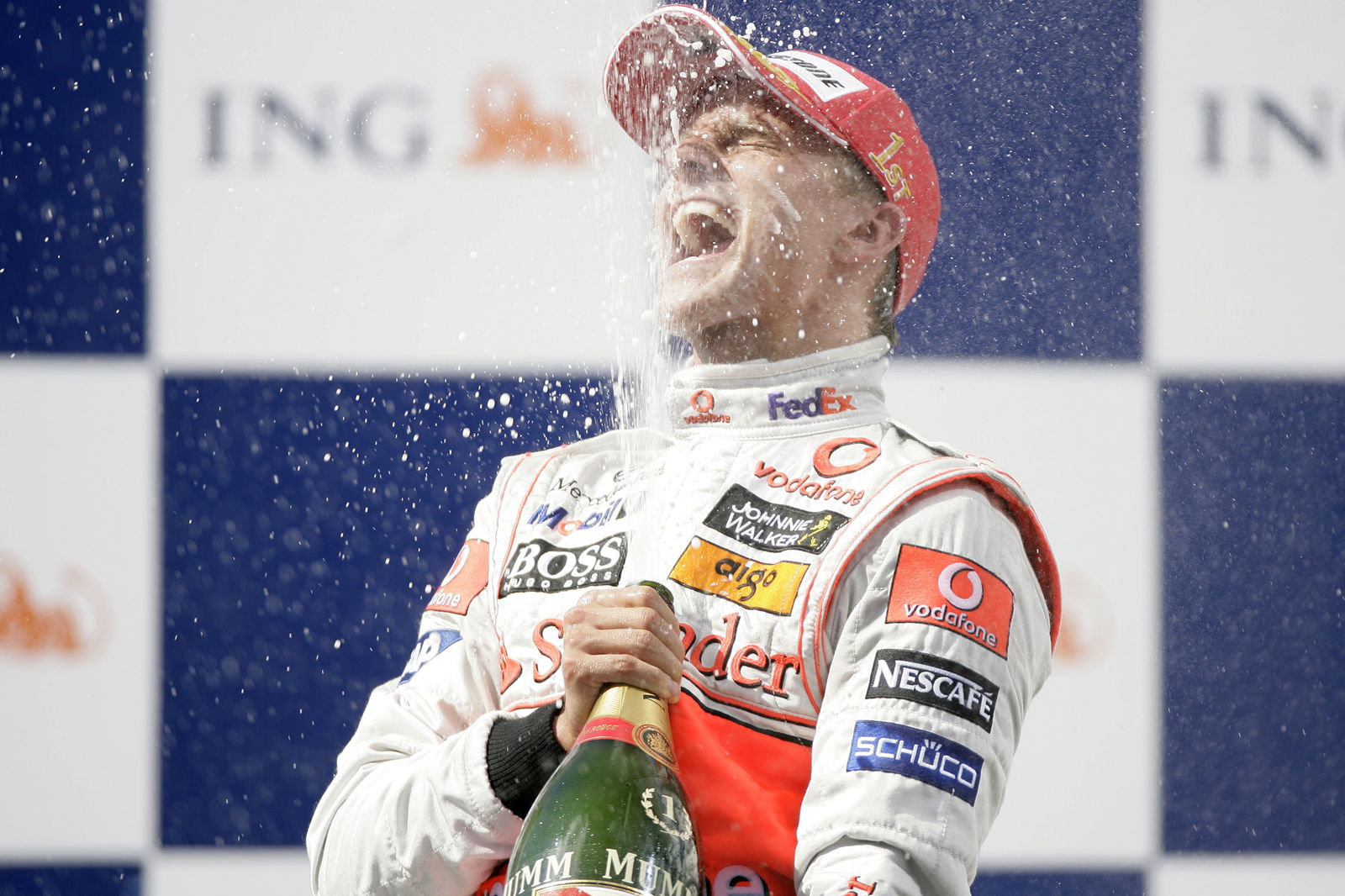
Heikki Kovalainen – 2008 Hungarian Grand Prix (McLaren)
While the idea of a fast Finn pedalling a McLaren got everyone misty-eyed for a return to the era of Mika Hakkinen or Kimi Raikkonen, Heikki Kovalainen’s time at McLaren never reached those sparkling heights.
It didn’t help that he was partnered with Lewis Hamilton in 2008, making his trio of podiums appear somewhat scant as his team-mate romped to title glory, effectively costing McLaren the constructors’ title that year. Nonetheless, he did notch up one victory at the 2008 Hungarian Grand Prix, even if it came about in fortuitous circumstances.
Title rivals Hamilton and Felipe Massa had been engaged in a duel for the lead only for the former to pick up a puncture before the latter suffered an engine problem. Kovalainen was elevated into a lead he’d retain to the chequered flag for his sole career F1 win.
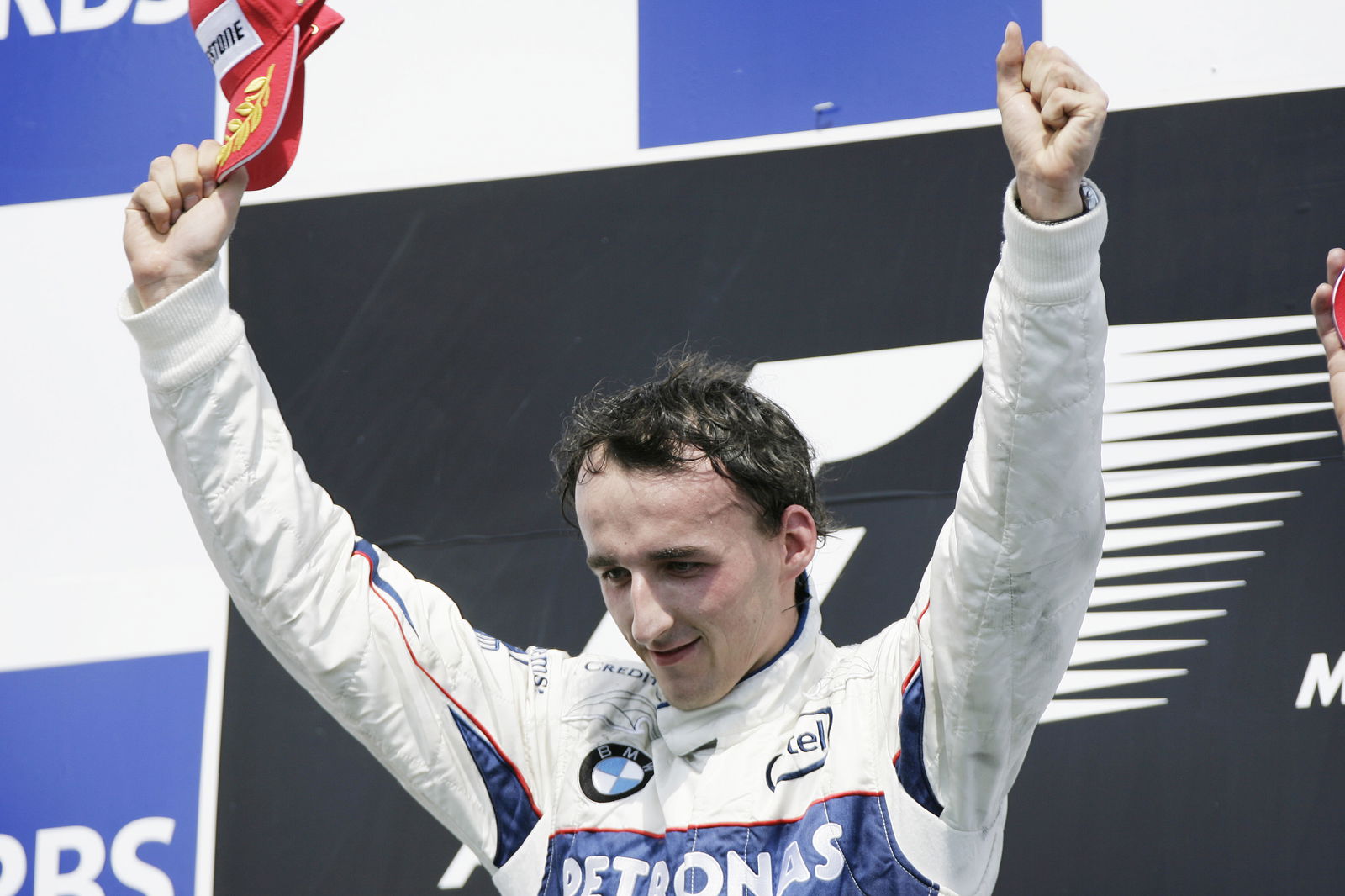
Robert Kubica – 2008 Canadian Grand Prix
A driver that could have (or rather, ‘should have’) achieved more F1 victories had he never stepped foot in a rally car, Robert Kubica’s career will always be a case of ‘what if…’
Nonetheless, he remains a grand prix winner and while a single success doesn’t quite tell the story of his abilities at the wheel of an F1 car, his victory in the 2008 Canadian Grand Prix still stands out as a triumph against adversity.
While one can point to Lewis Hamilton’s clanger of an error when he tagged the back of Kimi Raikkonen’s Ferrari after failing to notice the red light at the end of the pit-lane during a stop, Kubica’s victory – leading a BMW Sauber 1-2 - came a year after a spectacular high-speed accident at the Gilles Villeneuve Circuit that had us all holding our breath for a while.
While many always expected Kubica to top the F1 podium at some stage, doing so 12 months after that incident couldn’t have been planned as a more poignant moment.
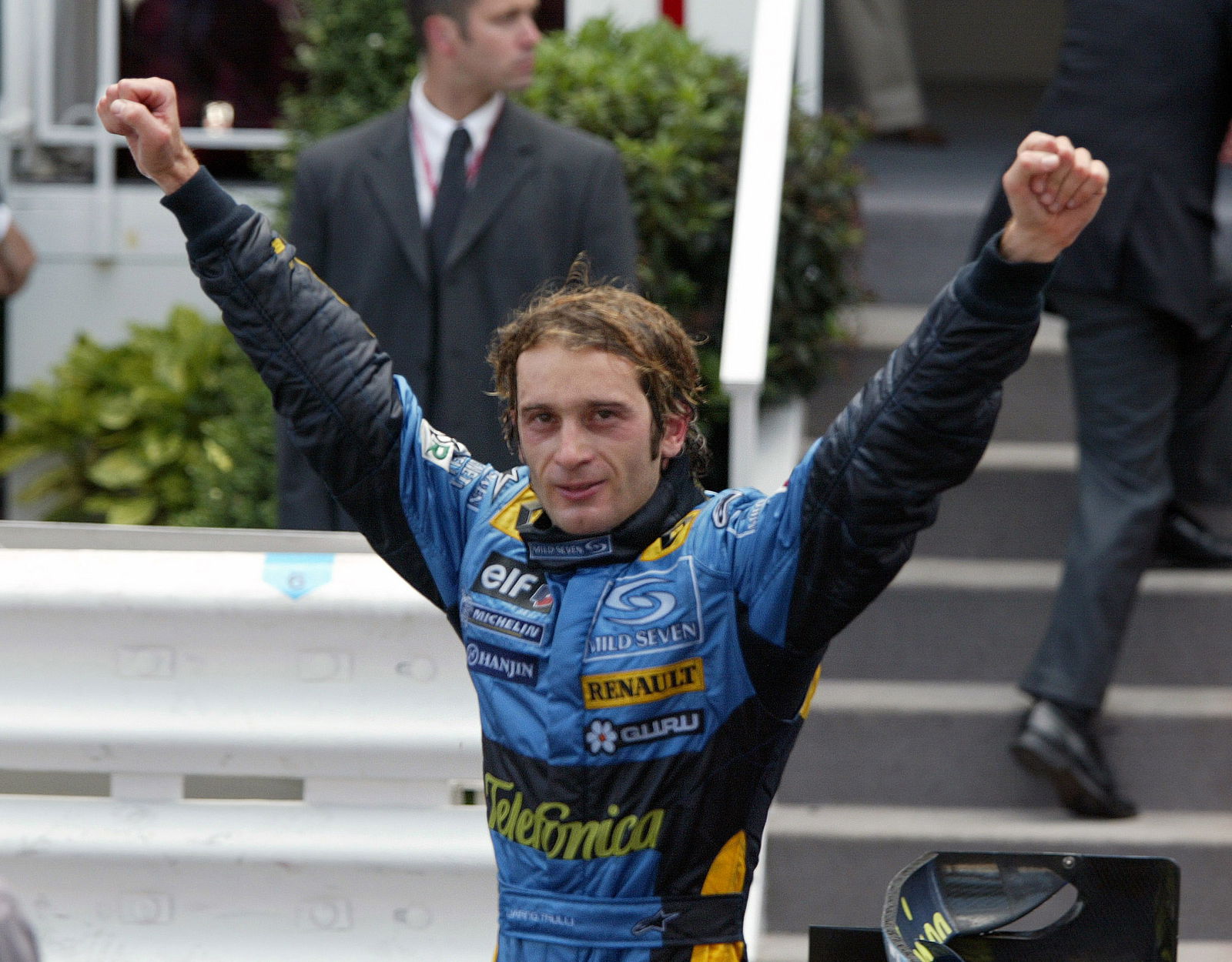
Jarno Trulli – 2004 Monaco Grand Prix
Considering he went on to start 252 grands prix, Jarno Trulli’s single victory in the 2004 Monaco Grand Prix appears to be a meagre return on the investment of his lengthy F1 tenure.
As it happens, the Italian came close on several occasions – most notably in 1997 with a headline grabbing stand-in stint at Prost in Austria – but he’d have to wait until 2004 to eventually break his F1 duck in the Renault.
Known for his rapid pace over a single lap – and consequently his tendency to fall away in race conditions – his qualifying prowess ultimately came in handy around the tight and twisty street circuit, converting his pole position into a lead he’d hold to the end despite the determined efforts of a close-following Jenson Button in the BAR.
Had it been at any other circuit then Button probably would have passed him, but if you’re only going to win a single F1 race in your long career, Monaco is the place to do it.
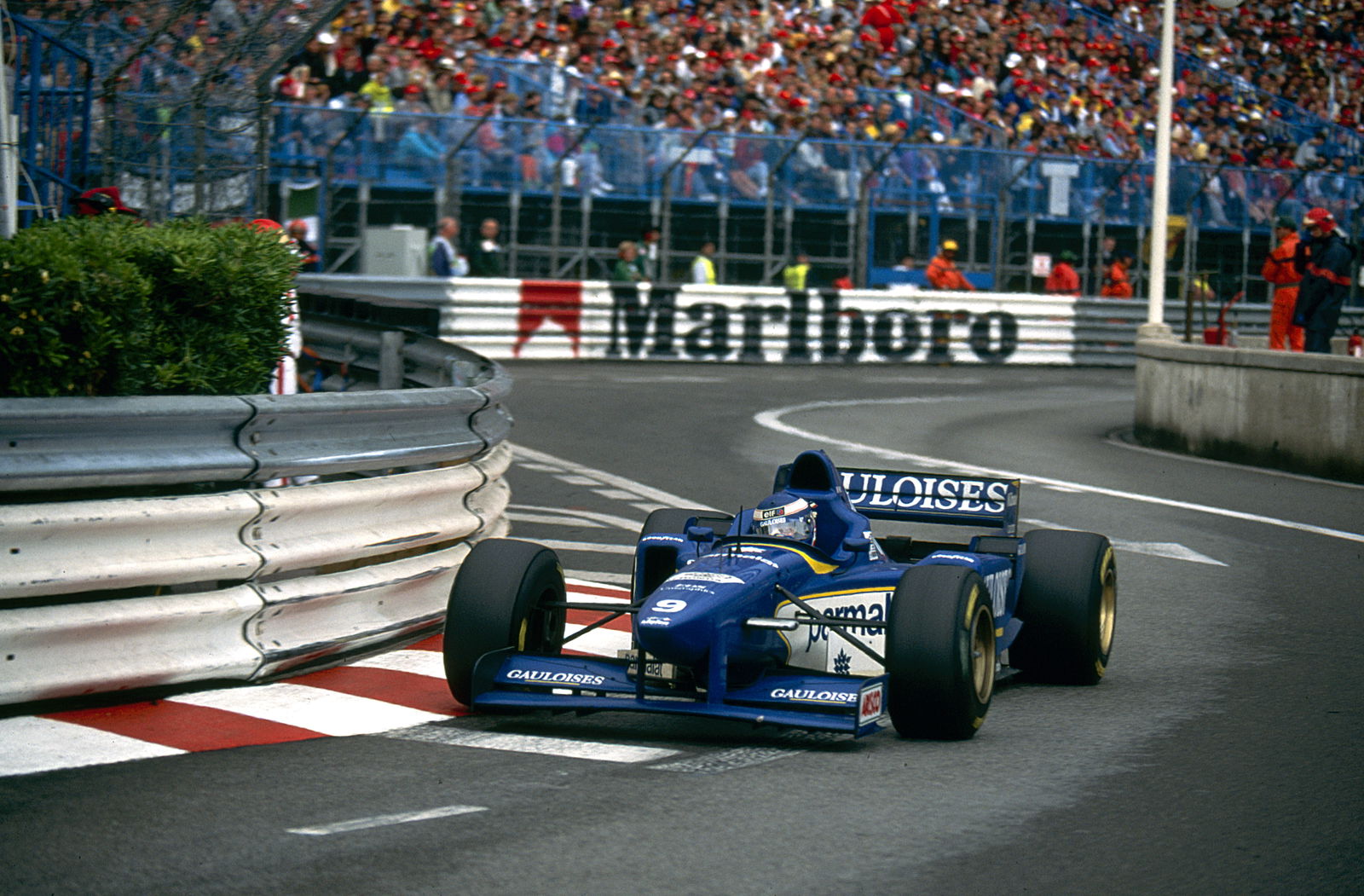
Olivier Panis – 1996 Monaco Grand Prix
The same can be said for Olivier Panis, whose one and only F1 triumph came around the twisting streets of the Monaco principality predominantly because he managed to outlast everyone around him.
A chaotic weather-affected race that saw just three drivers reach the chequered flag, Panis was the last man standing in the Ligier in a race that was so slow it hit the two-hour time limit before completing the full distance.
A Frenchman in a French car winning in Monaco was a poignant result, but it would remain the only time he climb the top of the podium, despite coming remarkably close in the competitive Bridgestone-shod Prost the following year in Spain and Canada.
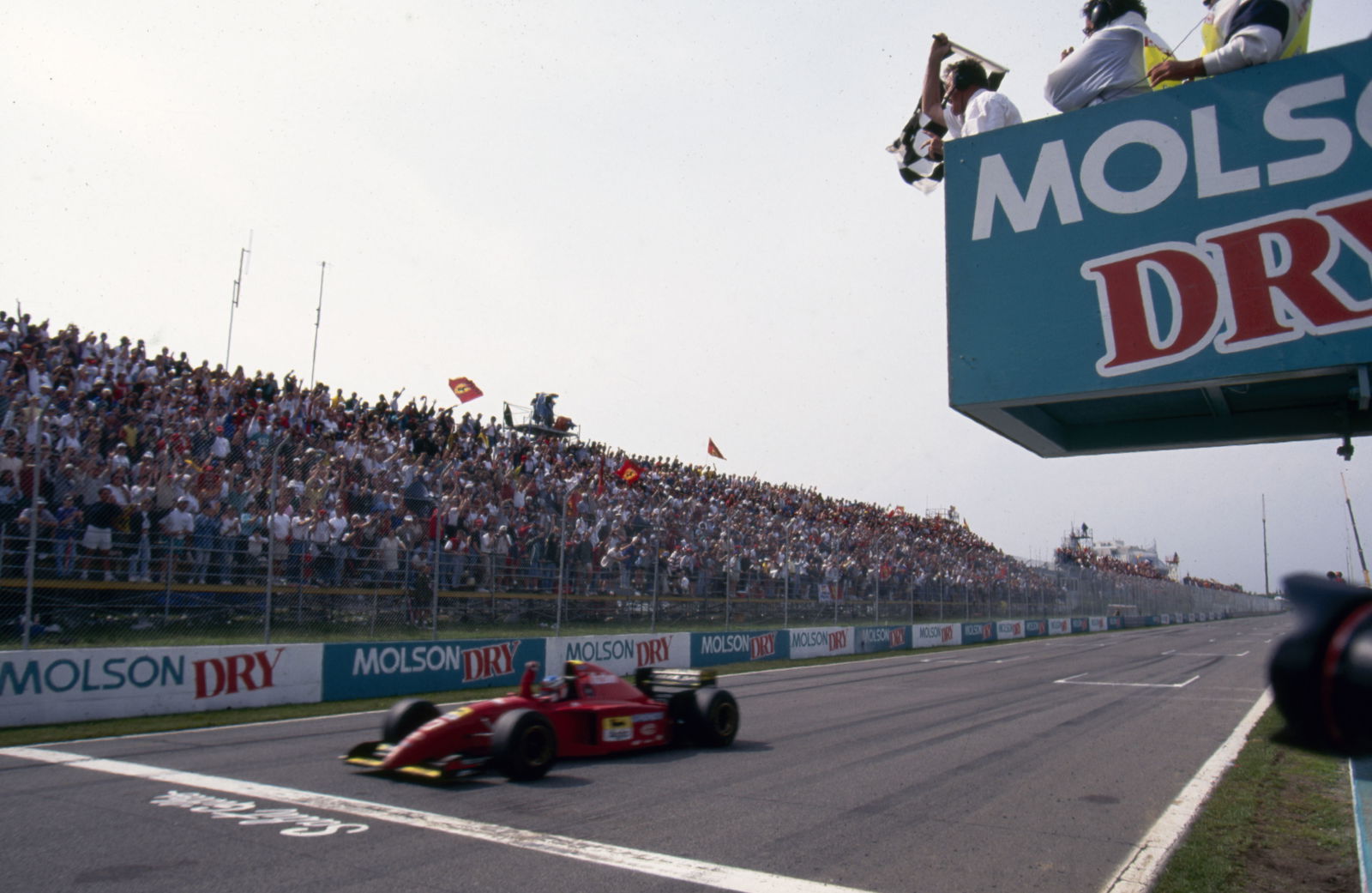
Jean Alesi – 1995 Canadian Grand Prix
A driver that burst on the scene in 1989 and took the Tyrrell to several top five finishes – including two podiums – during an 18-month stint, it was no surprise when Jean Alesi got the call to join Ferrari from 1991.
However, timing wasn’t on his side. The Ferraris of the early 90s couldn’t quite muster the pace or reliability to first challenge McLaren and then Williams, meaning Alesi would need to wait until 1995 to finally secure the maiden victory many expected to come much earlier.
In the end it took a late retirement during the 1995 Canadian Grand Prix for Alesi’s moment to come, leading only 13 laps but taking the chequered flag as the winner.
In all, Alesi notched up 32 podiums over his career but only one of them would come at the top of it.
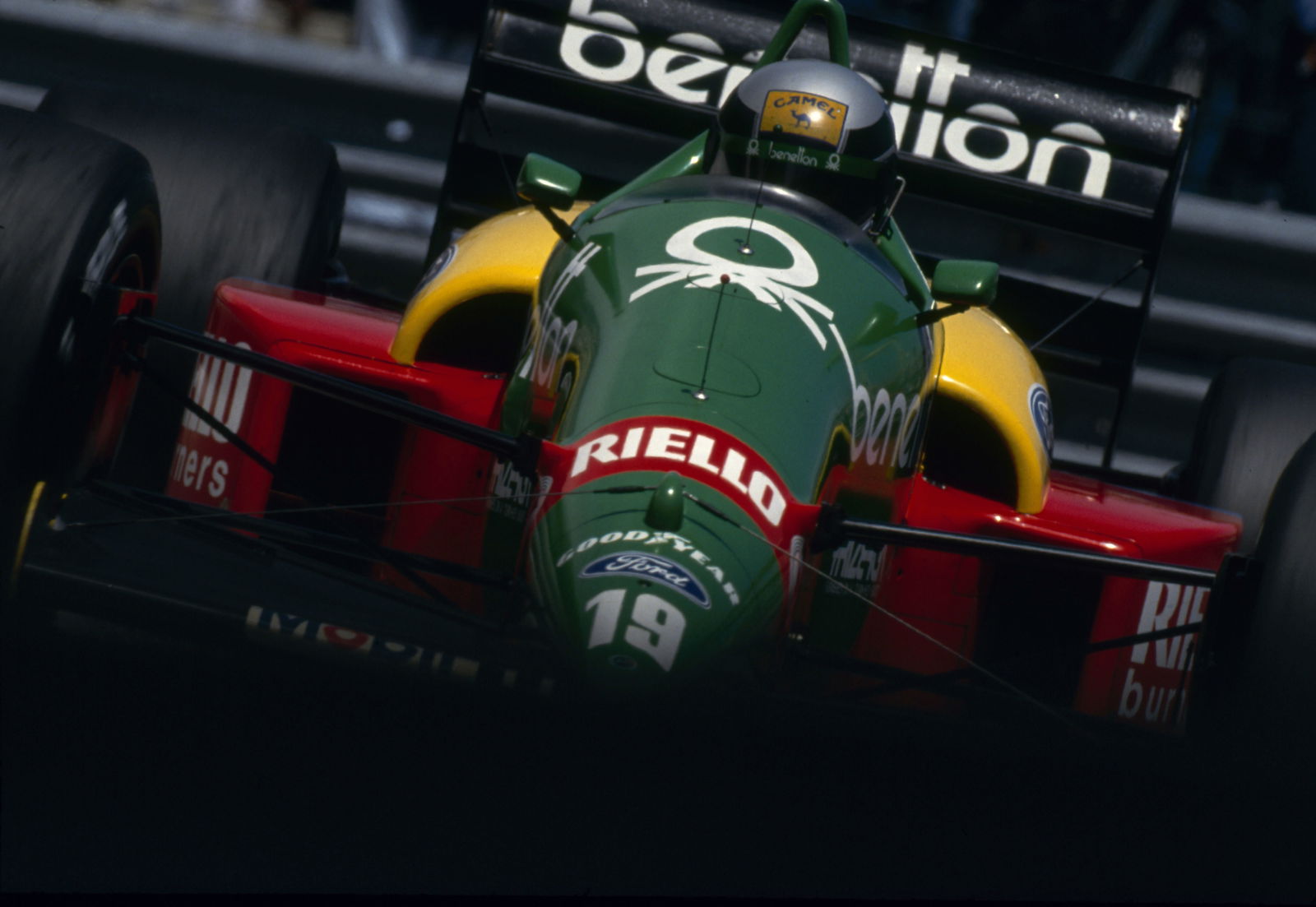
Alessandro Nannini – 1989 Japanese Grand Prix
The 1989 Japanese Grand Prix may be well known for the bitter outcome of that season’s title battle between Ayrton Senna and Alain Prost, it’s easy to forget it also led to a first-time race winner in Alessandro Nannini.
Granted there was fortune in the circumstances, Nannini inheriting the lead when Prost and Senna famously tangled at the chicane, before Senna reclaimed the advantage to win on the road only to be disqualified after the race.
Still, the win was arguably a long-time coming, Nannini emerging as a star in the Benetton over the course of the year leading to his one and only success at Suzuka. He would have surely been on course for more had a helicopter crash a year later not severed his arm, in so doing ending his F1 career.
Curiously, Nannini’s career misfortune bears a striking resemblance to that of Kubica’s. Not only were both forced to halt their F1 careers due to injury, but both were being eyed up for a move to Ferrari just prior to their respective accidents.
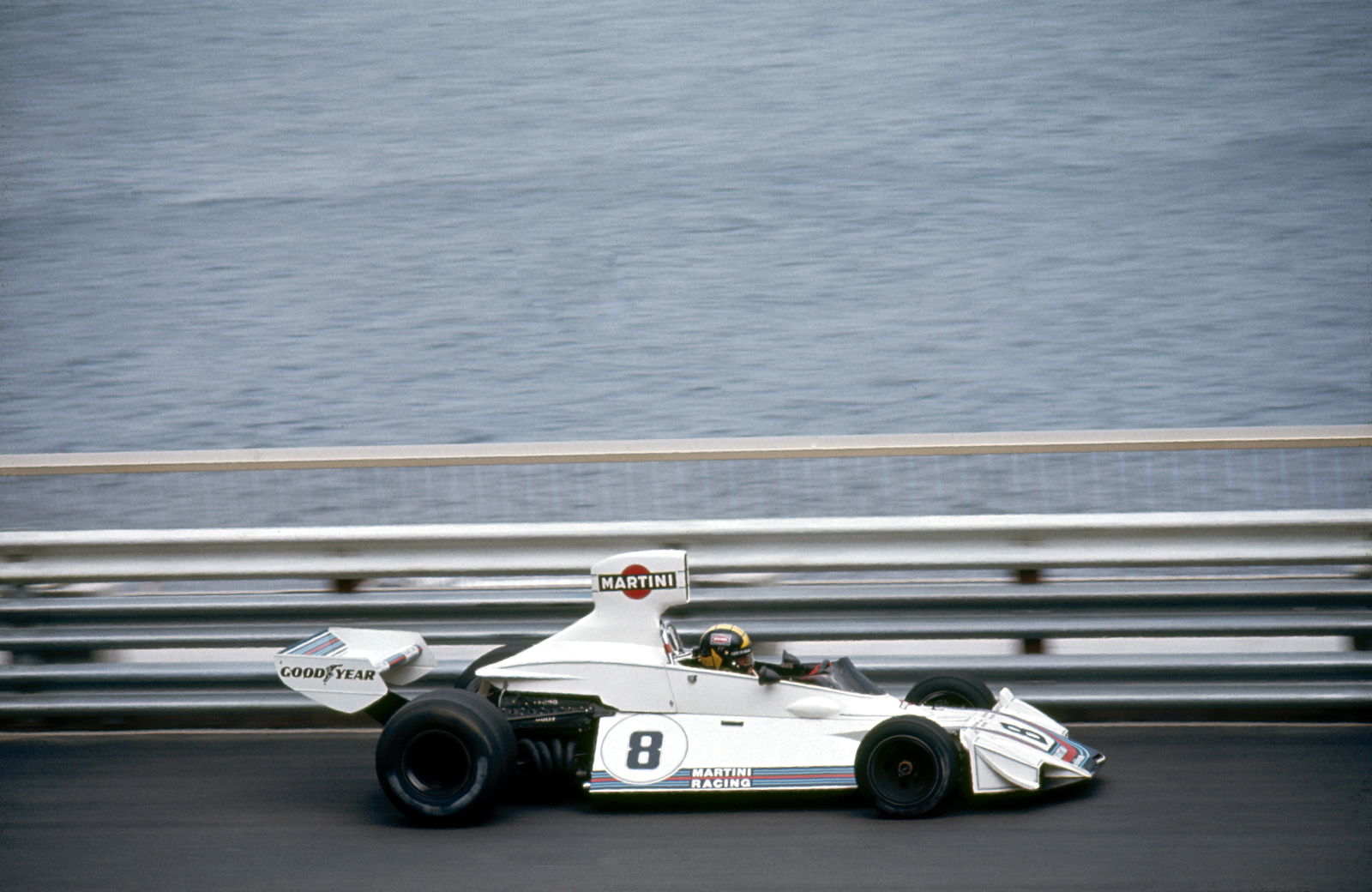
Jose Carlos Pace – 1975 Brazilian Grand Prix
Brazil has been blessed with numerous legends in F1 over the years, but only one of them has been honoured by having the Interlagos circuit renamed to reflect his one and only win.
Driving the Brabham-Ford, Sao Paulo local Pace powered to victory around the original configuration of the circuit, leading Emerson Fittipaldi for a Brazilian 1-2.
He became a home hero and two more podiums followed in 1975 en route to sixth overall, but he never had the chance to shine in his prime when he lost his life in a light aircraft crash just two years later aged 32.
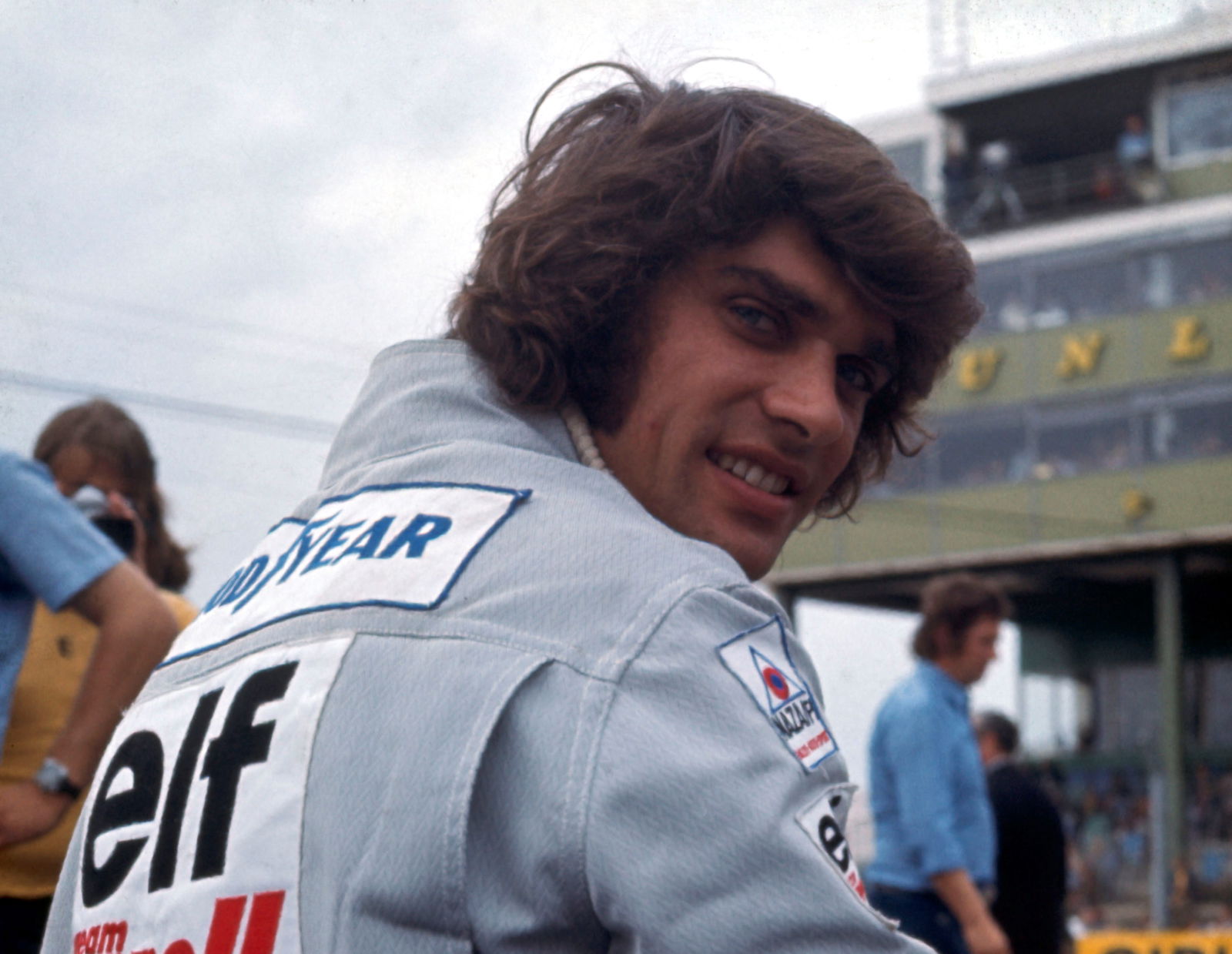
Francois Cevert -1971 United States Grand Prix
Many feel Francois Cevert would have gone to become one of F1’s greats had fate not intervened when he was killed during the 1973 season ending United States Grand Prix at Watkins Glen.
Success came quickly for Cevert after stepping up to F1 in 1970, with his first victory occurring in 1971 at the very venue that would claim his life two years later. Moreover, he did so at a canter, coping with the searing heat to win for Tyrrell by more than 40secs.
A disappointing season followed in 1972 but Cevert was back to his best in 1973, picking up seven podiums on his way to what would become a posthumous fourth overall.
Cruelly, since team-mate Jackie Stewart had secretly planned to retire after the 1973 United States Grand Prix, Cevert was in line to become team leader at Tyrrell.
